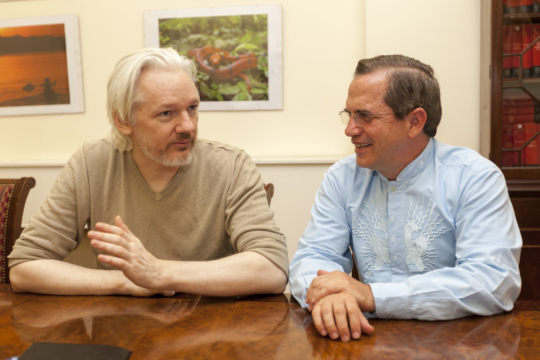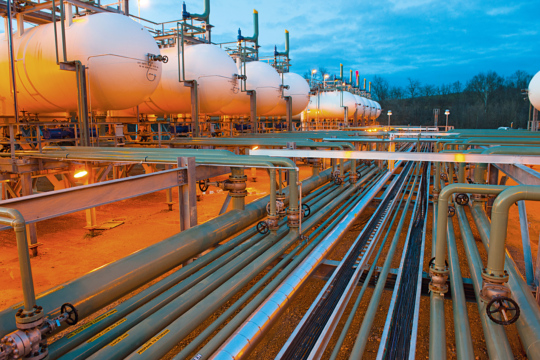Deciphering Obama’s Victory and Second Term Agenda
Barack Obama should never have been able to claim a second term. Yet he did, and with considerable room to spare.
The US presidential elections evoke a wide range of reactions and emotions in Latin America and the Caribbean, highlighting the variability of US economic and political influence across different nations. Such influence is closely tied to factors such as economic dependence, geographic proximity, and migratory flows. In 2023, for example, Mexico's exports and imports to the US accounted for 80 percent and 42 percent respectively, whereas Brazil saw only 11 percent and 16 percent. As a result, while the US elections may more directly alter trade relations and investment flows in Mexico and Central America, their impact is significantly less pronounced in South American economies that have more diffuse commercial ties with the US.
The candidates in contention, Donald Trump and Kamala Harris, present at the beginning of their respective campaigns divergent positions on key issues including migration, trade protectionism, and energy and climate policy. Moreover, the outcome of these elections will influence the formation of alliances and ideological affinities within the region, affecting interactions between leaders beyond the confines of formal diplomacy. This phenomenon is not new; figures like Javier Milei in Argentina have openly expressed their affinity for Trump, echoing the stance of former Brazilian President Jair Bolsonaro during the previous administration. This dynamic could have meaningful repercussions on the international agenda, particularly in regional and global forums, such as the upcoming COP, which Brazil will chair.
[...]
Barack Obama should never have been able to claim a second term. Yet he did, and with considerable room to spare.
Ecuador has now confirmed that it cut off internet access at their London Embassy for Julian Assange, the leader of the group WikiLeaks, who has been staying at the embassy since 2012. NPR’s Kelly McEvers talks to Michael Shifter, president of the Inter-American Dialogue, about what Ecuador’s calculus might be.
President-elect Donald Trump has vowed to overhaul US energy and foreign policy in ways that could have important impacts on energy relations with Latin America and the Caribbean.
 Matthew Hill / Flickr / CC BY 4.0
Matthew Hill / Flickr / CC BY 4.0

